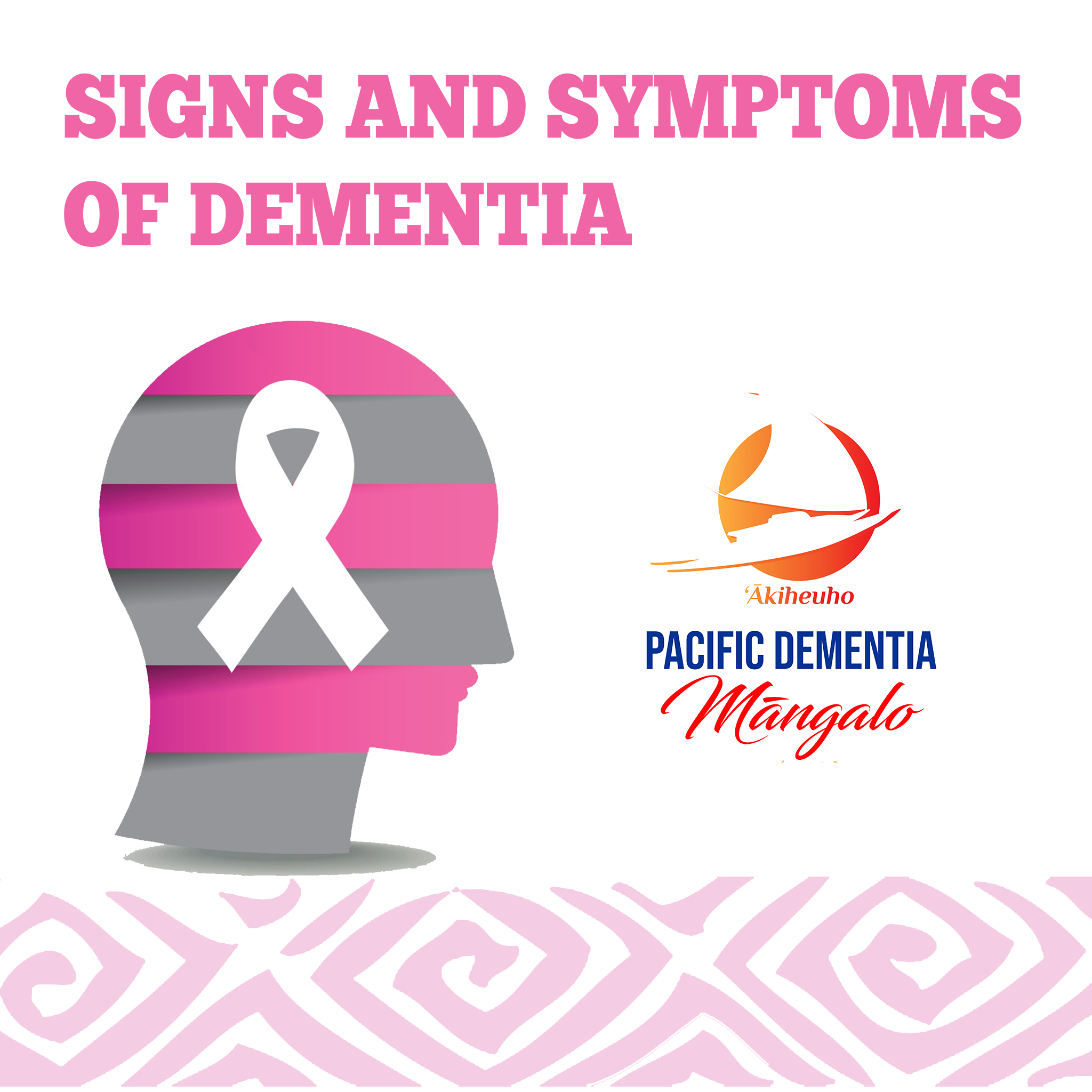As people age there are the expected changes in strength, stamina, endurance and physical robustness. We can also expect to see some subtle changes in cognition. So when does the normal decline in cognition with age become a concern that there is more going on?
Repeating yourself occasionally, losing the odd word and taking time to do tasks in unfamiliar environments are within the realm of normal ageing – often called “a senior moment”. Many people in their 80s and 90s will have mild changes in cognition, but they continue to function well in their day to day tasks. When changes in cognition lead to people struggling to function in the same way they have always done then we need to become concerned and take action.
For a smaller group of people cognitive changes can start in their 40s, 50s and 60s – this is often over looked as no one is expecting cognitive changes in people so young.
10 signs of Early Dementia to be aware of
1. Subtle short-term memory changes
Trouble with short term memory can be an early symptom of many types of dementia – especially Alzheimer’s Dementia. The changes are often subtle. An older person may be able to remember events that took place years ago but not what happened recently. People may forget where they left an item, forget what they were supposed to be doing and repeat themselves a lot – repeatedly asking the same question, repeatedly telling the same story to the same person.
2. Difficulty with language or communication
For some people the first sign of dementia may be struggling to communicate thoughts or finding the right word. They may have difficultly explaining something or finding the right words to express themselves. Having a conversation with a person who has language or communication changes can be difficult. Often people with language or communication issues will withdraw and avoid social situations to protect themselves from making mistakes in front of others.
3. Changes in personality
For some people you might also see a shift in personality. Changes could include a change from being polite and gentle to being outspoken and rude, becoming defensive or easily tipping into anger, becoming clingy/needy.
4. Changes in mood
A change in mood is also common with dementia. For some people they are aware that things are changing but they cannot put their finer on what it is exactly. Depression and or anxiety are common in early dementia.
5. Changes in behavior
This may be the most difficult aspect of dementia to understand, both for the person with the condition and those around them. The person is not deliberately trying to be ‘difficult’. As the brain changes, people often seek ways to reassure themselves or hold on to the control in some way. This will often appear illogical to others around them. Some people become suspicious, defensive, blaming others. Some people find it difficult to let go or stop doing things and appear quite stuck or obsessive about things that do not really matter that much to others.
6. Apathy
Or lack of drive or initiative is common – especially in Vascular Dementia. A person with these symptoms could lose interest in hobbies or activities. They may lose interest in going out or spending time with other people, and they may seem emotionally detached.
7. Difficulty with executive functioning
Changes in front of the brain may result in difficulties with decision making, problem solving, judgement, sequencing of tasks. This often presents as slowness to think or a confusion. The person does not think well under pressure. For some people this also means a lack of insight into what is happening to them.
8. Difficultly completing normal task
A subtle shift in the person’s ability to complete normal day to day tasks may indicate that someone has early dementia. This usually starts with difficulty doing more complex tasks or multi-tasking. Along with the struggle to complete familiar tasks, they may struggle to learn how to do new things or follow new routines.
9. Changes in co-ordination and spatial awareness
For some people the changes are quite physical in nature. They may have trouble understanding visual images and spatial relationships, develop balance and coordination issues, trouble judging distance and speed or seeing contrasts. This has major repercussions for safety to continue driving.
10. Struggling to adapt to change.
For someone in the early stages of dementia, the experience can be very frightening. Gradually all the things they have been able to rely on all their lives are changing, they can’t remember people’s names or faces or remember previous conversations. They can’t remember what they went to the shop for, and they may get lost on the way home. Because of this, people with early dementia might stick to a strict routine and be afraid to try new experiences. Difficulty adapting to change is a typical symptom of early dementia.

